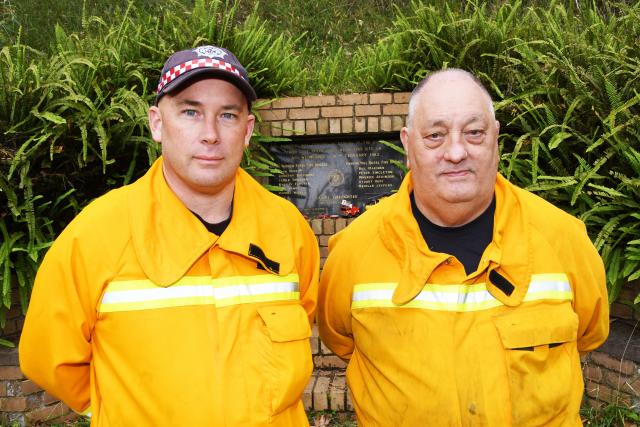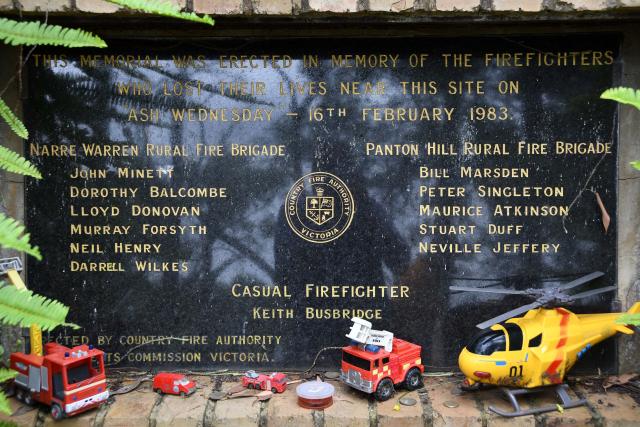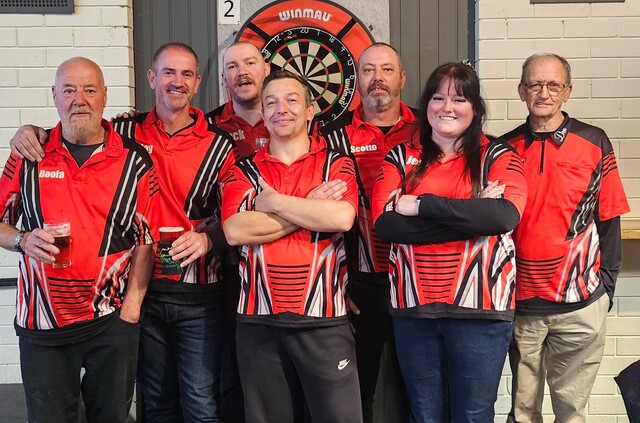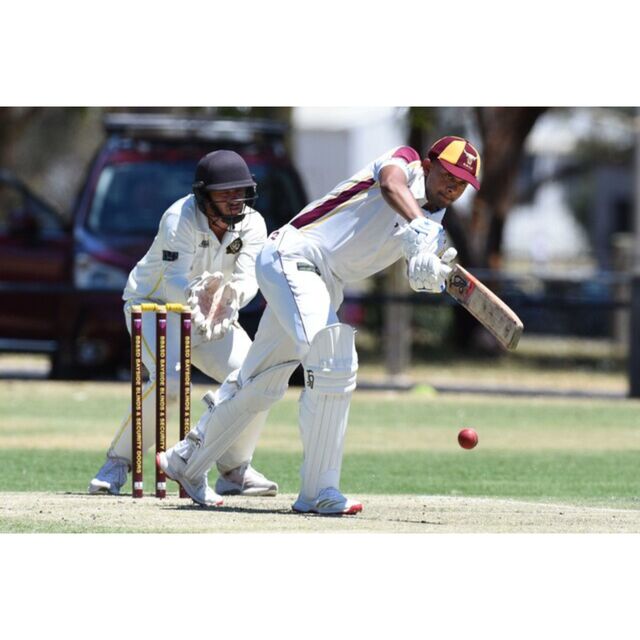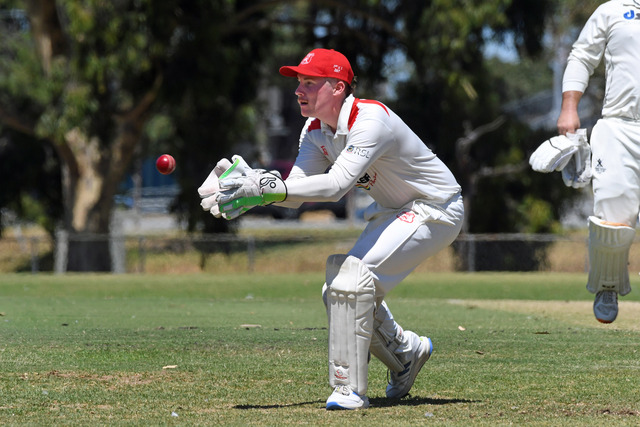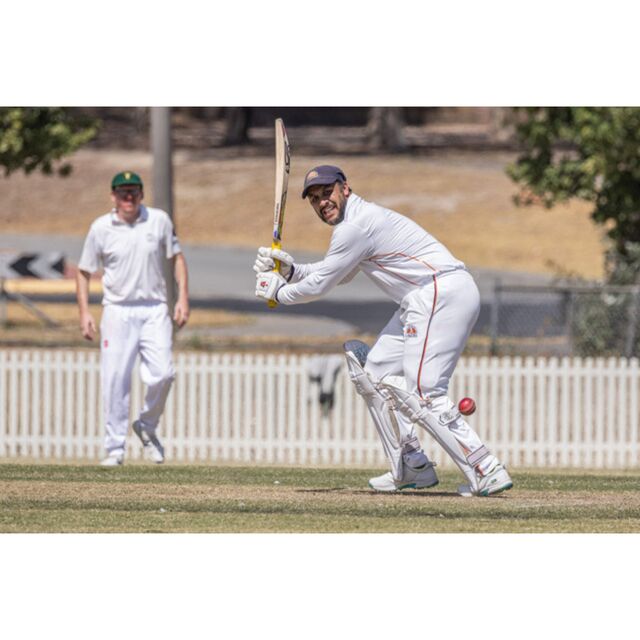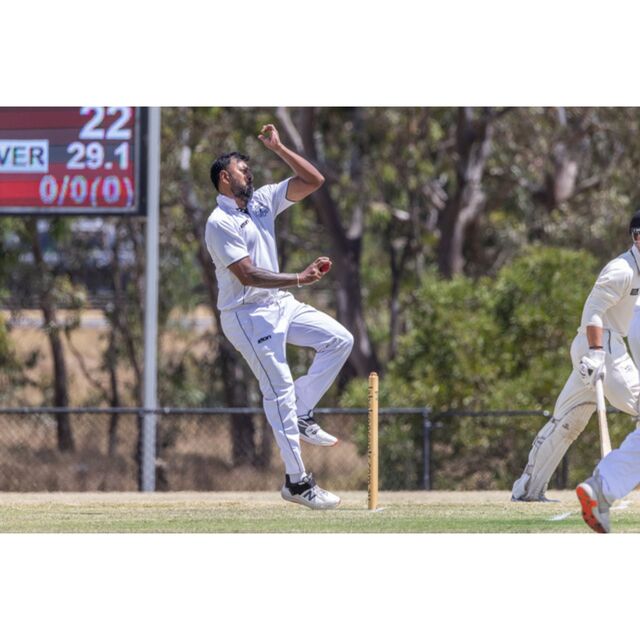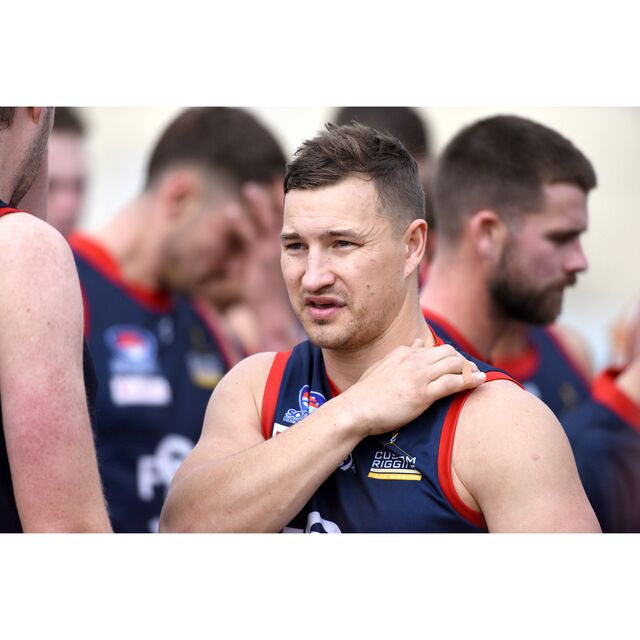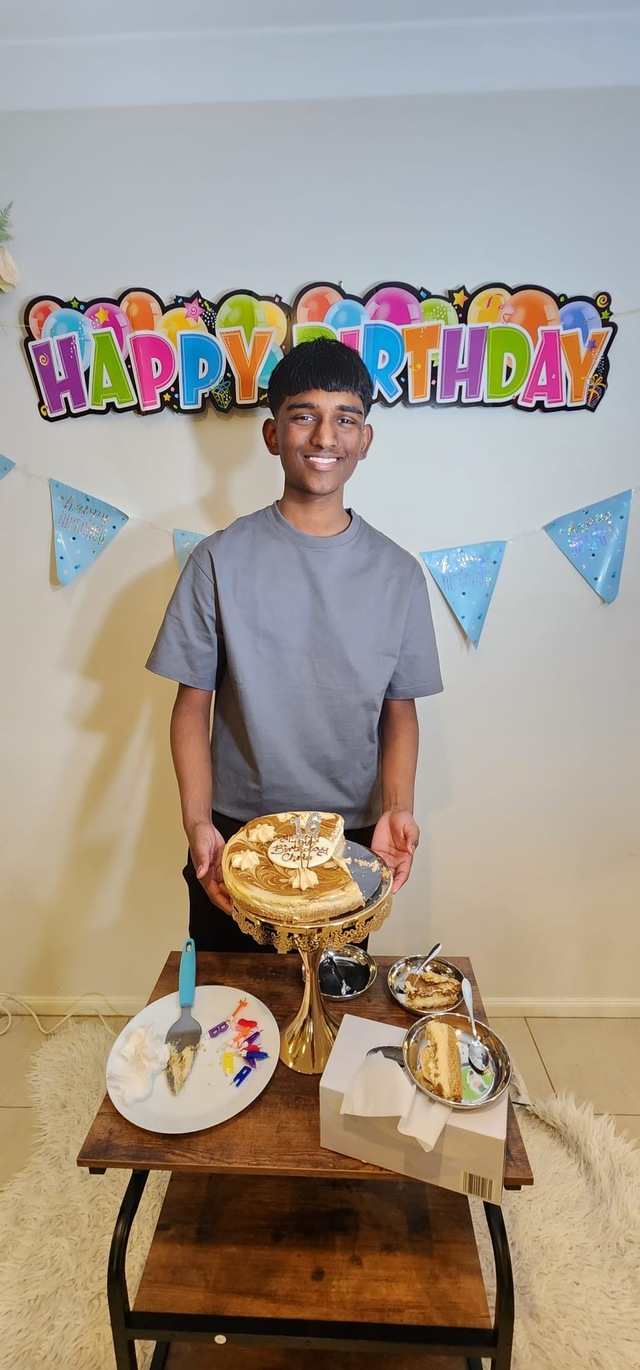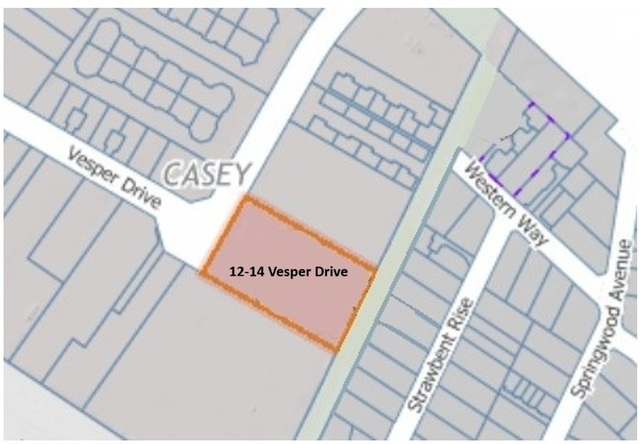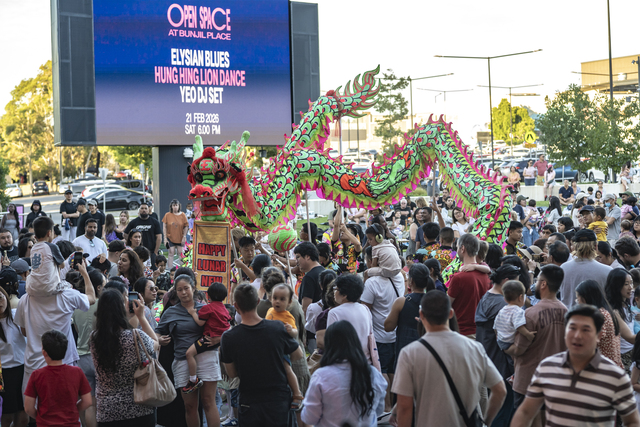Fire is notoriously unpredictable. A slight change in wind, terrain or vegetation can be enough to meander the wrath of a blaze.
Narre Warren Fire Brigade life member Colin Booth knows the unpredictability of fire all too well.
But, as he explains, it was perhaps a routine crew changeover at the Narre Warren North fire station on the evening of Ash Wednesday in 1983 that sealed his fate, and those of his six colleagues who perished in the fires.
As Colin recalls it, the mercury had peaked above 42 degrees on that fateful Wednesday, forty years ago, and a drop in humidity created a scorching dry heat, ripe for devastation.
Originally from England, Colin had joined the brigade three years prior.
He said nothing could prepare him for the devastation he witnessed on Ash Wednesday.
“I had just knocked off work and got to the station and not long after that the call came in for a fire up in Belgrave South,” Colin said.
“We did a couple of things up there, at one point the fire crowned over the top of us but we got through that alright.”
The volunteers then moved onto Horswood Road in Narre Warren North, where they tended to some houses that were threatened by fires.
“We were going to start to head up to Harkaway and we decided to come down Narre Warren North Road and actually the Captain called us and we swapped crews over at Narre Warren North fire station, so we changed over crews and they took off.”
In that truck, a brand new tanker presented to the brigade just two days prior were CFA volunteers Captain John Minett, Dorothy Balcombe, Lloyd Donovan, Murray Forsyth, Neil Henry and Darrell Wilkes.
Headed along a track in Upper Beaconsfield, along with a tanker of five Panton Hill Brigade members, the six CFA members, and casual firefighter Keith Busbridge, were met with a wall of flames travelling up the hill.
Records show Dorothy put out a mayday call on the radio, stating “we can’t go forward and we can’t go back”.
All seven volunteers, including Busbridge, were found huddled under the tanker, deceased.
Just days before, Captain John Minett was presented with the Fireman of the Year award, Colin explained.
“John was very, very experienced and he knew the Upper Beaconsfield area well.
“We actually trained down the bottom [of the track] a few weeks before the fires, so we knew the area, but I’d never come up to the top.”
Captain Minett was just 32 at the time of his death, and was married with two young children.
Fellow firefighter Lloyd Donovan, 25, had been married just 10 months before the fateful fires.
Colin described Dorothy Balcombe, 36 at the time, as a “great lady” and one of Narre Warren CFA’s first female firefighters, alongside his own wife, Hazel Booth.
“Dorothy wouldn’t just be in the ladies auxiliary…she had to be a firefighter.
“Tim and Dorothy, they were married, they both loved the brigade.”
Murray Forsyth was well known throughout the district, especially for his work with the Berwick Show Society.
He was the show’s society president at the time and had been working hard organising the show planned for 26-27 February.
Murray had been married only three years to Noelene, daughter of show legend Jack Rae.
Darrell Wilkes of Shrives Road, Narre Warren was married with two young children, with his young widow expecting their third child in June.
Darrell had been a member of the brigade only weeks, having transferred from Narre Warren North.
Neil Henry was the youngest of the brigade’s Ash Wednesday victims, at just 18.
He has been described as colleagues as “a special sort of young kid”.
“He made every effort to be good at everything he did,” said the brigade’s First Lieutenant Frank Clarke.
“He was a fine example to young people of his age.”
The fires claimed almost one third of the tight-knit Narre Warren Fire Brigade, which, Colin says, had been at risk of being dissolved prior to Ash Wednesday.
“Just before [Ash Wednesday] the CFA were wanting to close us down, they were saying Narre Warren wasn’t needed there anymore,” Colin said.
“We all started the work to prove we were needed and we’re still here today. We all worked together and we formed that bond.”
A large part of that bond is evident each year on the anniversary of Ash Wednesday, as members of both Narre Warren and Panton Hill Brigades, along with family members of the victims, gather at the site of tragedy in Upper Beaocnsfield.
For Colin, it is one of the rare times he allows the memories to come flowing back.
“In some respects I do tend to bury my head in the sand, I don’t let things like that get to me.
“But I get up here on the night and I really do think about it and you start to look at the members, like Neil Henry, how young he was, you know he still had his life ahead of him. All of them did. They were good people.
“We’d all get together on a Sunday, we’d have our Sunday training and then we’d have a few drinks and have a chat, you know, until your wife would ring and ask if your were coming home.”
While anyone would be forgiven for walking away from the brigade after experiencing an event as traumatic as Ash Wednesday, Colin said it made him more dedicated to the cause.
“If we’d have walked away we’d be, in some respects, dishonouring their names, the members that died,” he said.
“I suppose it made me more committed in many respects, to be part of it.
“Coming from England,you never really look at volunteering, because it’s not really done, so to be part of it out here, the brigade is probably one of the biggest things in my life I’ve achieved.
“What I was in England and what I am out here have changed so much and really it is because of being a member of the brigade.”

